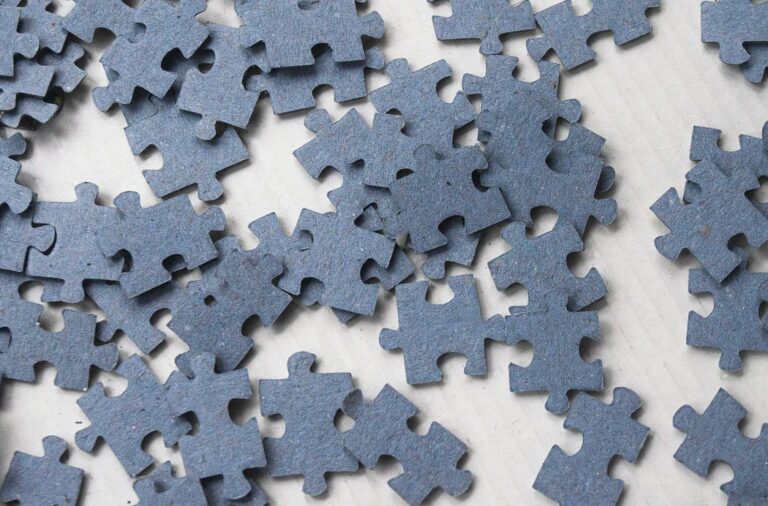Book Appointment Now
Is Patience Alone Enough to Heal from Abuse?

The adage “patience is a virtue” holds truth in many aspects of life, including the healing process. However, when it comes to healing from abuse or trauma, relying solely on patience without taking proactive and productive actions can be counterproductive and even detrimental to one’s progress.
Merely being patient, while valuable in providing ourselves with the time and space to heal, might lead to complacency. If we adopt a passive approach and tell ourselves to wait for healing to naturally unfold, we risk remaining stuck in the same unhealthy patterns that were ingrained by the abusive experience. These patterns can manifest in various ways, such as continuing to blame ourselves for the abuse, maintaining self-doubt, or engaging in self-destructive behaviors as coping mechanisms.
For instance, if we patiently focus all our energy on learning about narcissism and trying to understand why the abuser behaved the way they did, we may inadvertently keep ourselves tethered to the pain. While gaining knowledge about abusive dynamics is essential for empowerment, fixating on the abuser’s actions can hinder our progress. It may lead to a constant loop of rumination, preventing us from moving forward and healing.
Similarly, obsessing over our ex-partner, can prolong our attachment to the past and keep us mired in pain. While it’s natural to grieve the loss of a relationship and process the emotions that arise, dwelling on the past excessively can be an obstacle to healing. It may prevent us from embracing the present and building a healthier future for ourselves.
Patience and Proactive Steps
To truly heal, you need to take proactive steps in your journey. These steps involve actively working on getting yourself out of the emotional mud and processing the pain. Engaging in self-reflection, journaling, practicing no contact, seeking therapy, or addressing the wounds that made you susceptible to abusive relationships are productive steps.
Patience is essential when dealing with emotional wounds and seeking help to heal. However, it’s not about being patient without doing anything. It’s about patiently navigating the healing process while taking meaningful actions to address the root causes of your pain.
For instance, if you are patient with yourself and actively work on setting and upholding boundaries, you are taking a positive step towards preventing future abusive relationships. Similarly, if you have patience while addressing subconscious negative beliefs from past experiences, you are moving in the right direction.
Conclusion
In conclusion, patience is indeed a valuable attribute during the healing journey. But it’s important to understand that true healing requires more than just being patient. It involves actively dealing with emotional wounds, processing pain, and taking proactive steps to grow and transform.
Patience coupled with productive actions will lead to genuine healing and pave the way for a healthier and happier life. So, remember, be patient with yourself, but also be proactive in your healing process.
Note from the Author
If you’re ready and you’d like my help with healing, finding peace in life and breaking free from these subconscious patterns for good (in less than 2 months) using Mind Shifting, then you can book a FREE BREAKTHROUGH CALL with me HERE. Happy healing 💙💙. Feel free to share and comment! Use this information with caution, it comes from my own thoughts & bias, experiences and research😊.







